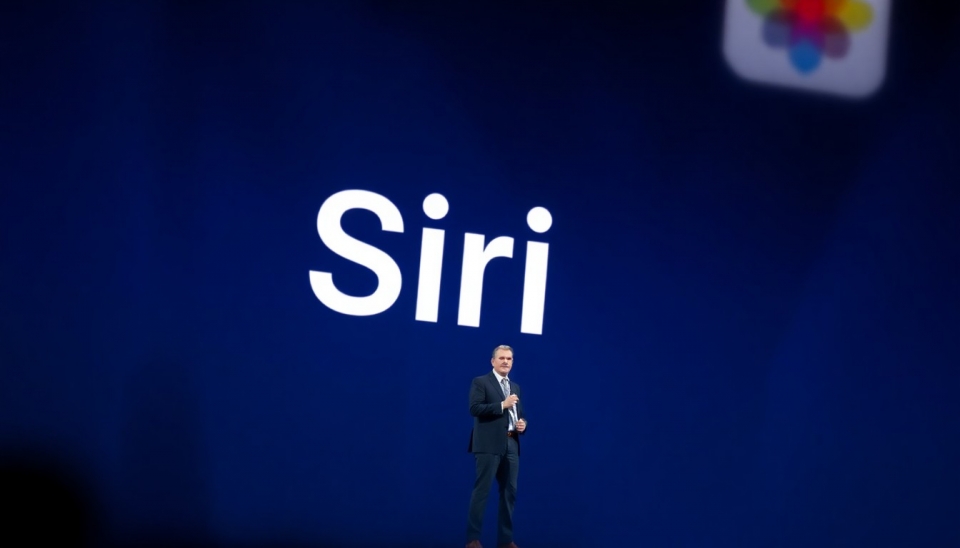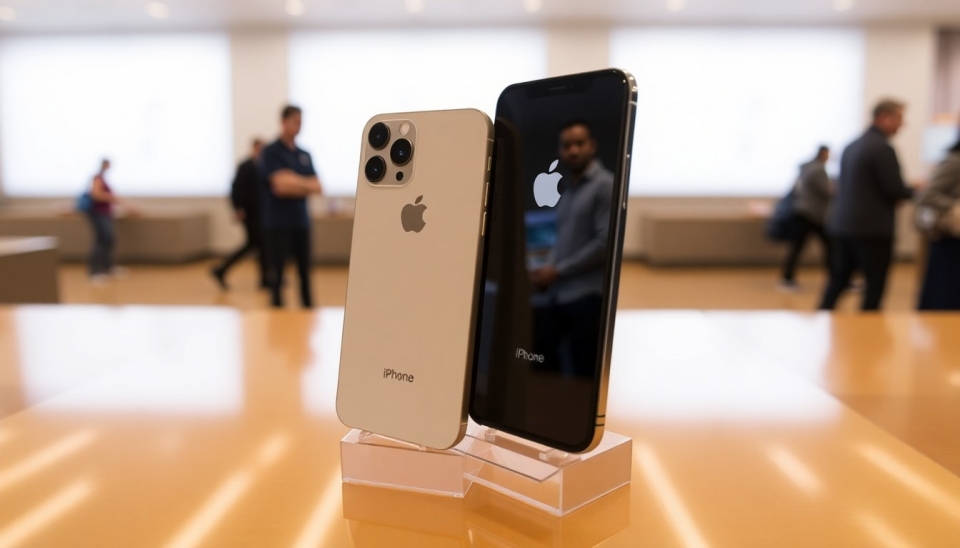
In a move that could reshape the smartphone market in Indonesia, the government is set to evaluate a substantial offer from tech giant Apple. The proposed investment, amounting to $100 million, aims to resolve ongoing disputes that have led to the prohibition of the iPhone 16 within the country. This decision represents a critical intersection of technology and regulation, showcasing the complex relationship between global corporations and local governance.
The ban on iPhone 16 sales in Indonesia was enacted due to the American company's failure to comply with the country’s regulations regarding local production requirements. As part of Indonesia's broader initiative to bolster its domestic manufacturing sector and stimulate economic growth, the government had mandated that foreign technology companies contribute to local infrastructure by either establishing production facilities or investing significantly in local operations.
Apple's proposal includes financial commitments that would not only aim to placate regulatory concerns but also enhance the company’s investment footprint in the Southeast Asian market. The negotiations are reportedly centered around ensuring that Apple meets the criteria set by the Indonesian authorities, which could involve creating job opportunities and facilitating technology transfer to local firms.
This situation underscores the increasing pressures on foreign tech companies to align with the regulations of the countries in which they operate. As consumer demand for the latest smartphone models rises in Indonesia, the implications of this assessment could be significant, not just for Apple but for other international firms navigating similar regulatory landscapes.
Key stakeholders in the region, including telecommunications companies and consumers eager to access the latest technology, are watching the developments closely. The Indonesian government is expected to announce its decision regarding Apple's bid in the coming weeks, which could either mark a new chapter in U.S.-Indonesia trade relations or reinforce the complexities inherent in multinational business operations within emerging markets.
Should the proposal be accepted, this could pave the way for not only the resumption of iPhone 16 sales but also a more profound partnership between Apple and Indonesia, potentially setting a precedent for how tech companies engage with local regulatory frameworks in the future.
The outcome of this negotiation is imperative, as it not only affects Apple’s strategic operations but also the broader dynamics of technology availability in one of the fastest-growing digital markets globally.
#Apple #iPhone16 #Indonesia #TechRegulations #Investment #SmartphoneMarket #TradeRelations #LocalManufacturing
Author: John Miller




